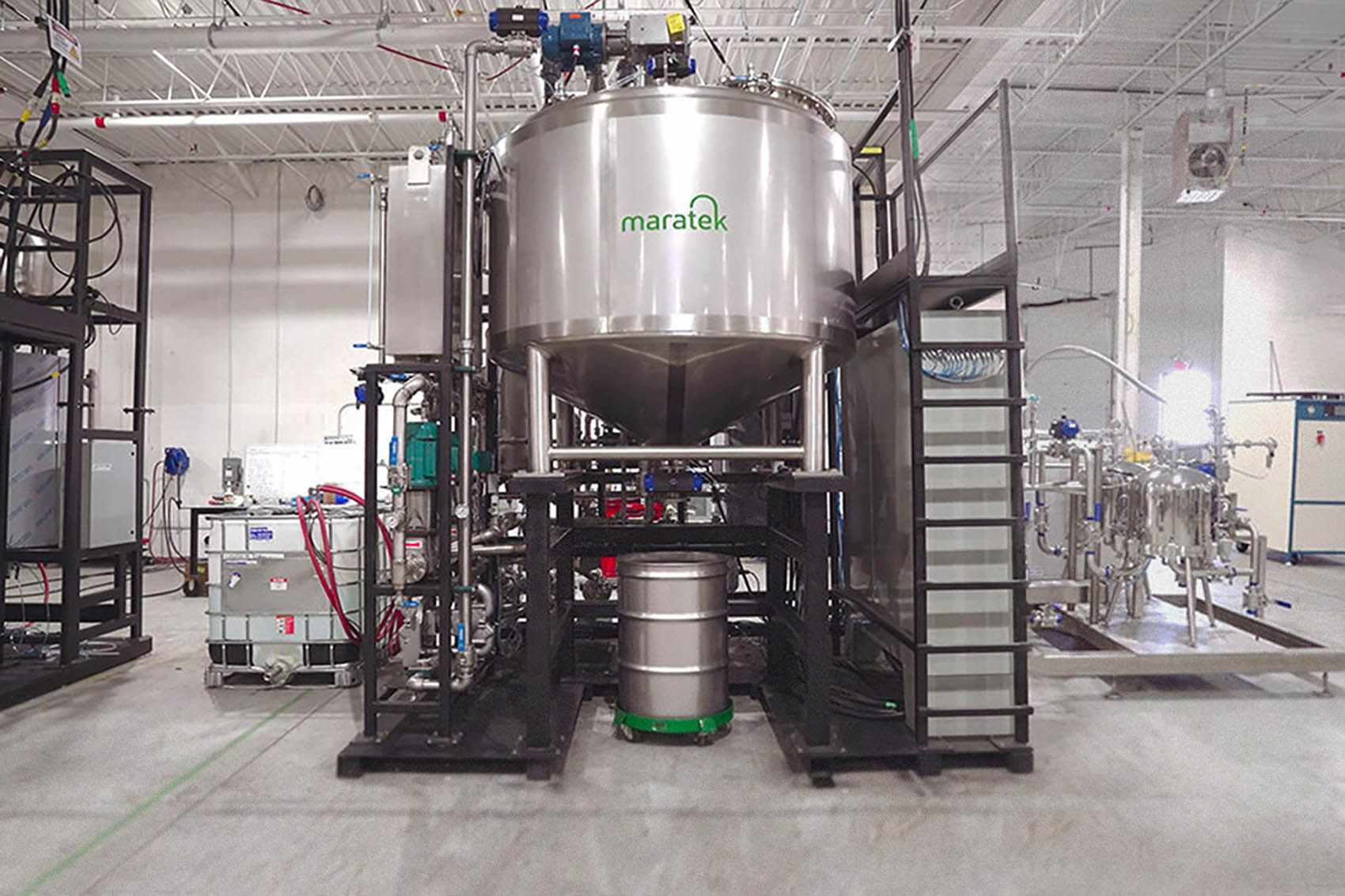What Should You Know About MEK—Its Uses, Sources, and Economic Impact?
 MEK, short for the scientific term Methyl Ethyl Ketone, is a versatile and widely-used solvent found in many products and industries worldwide.
MEK, short for the scientific term Methyl Ethyl Ketone, is a versatile and widely-used solvent found in many products and industries worldwide.
In this blog post, we'll explore what MEK is, where it comes from, who uses it, and why it's so effective as a solvent.
What is MEK?
MEK is an organic compound with the chemical formula of C4H8O. This translates to four carbon, eight hydrogen, and one oxygen making up the chemical compound. MEK is also referred to as butanone by many.
It's a colorless, volatile, and mint-like compound that's commonly used as a solvent. Its unique properties, including its high boiling temperature and slow evaporation rate, make it an effective solvent for many applications, across a range of industries.
Where is MEK Found?
MEK can be found in two ways.
-
Naturally, in the environment
-
Man made creations and actions
In nature, MEK can be found in products such as live animals and grown fruits, including chicken, apple juice, beans, and honey. MEK in nature can also be found in specific trees that emit MEK such as junipers, cedars, cypress trees, and ferns. Finally, MEK is found in seaweed and bacteria as they emit gases and other natural compounds into the environment.
MEK is not only produced by nature but through man made creations as well. Studies have shown that approximately 86% of the MEK produced is from dehydrogenation of secondary butyl alcohol and 14% by-product of butane oxidation.
MEK can be found in the air released from the exhaust of cars and trucks worldwide (by-product of butane oxidation). MEK is also found in the process of dehydrogenation of secondary butyl alcohol which is the chemical reaction that involves the removal of hydrogen from an organic molecule. This is normally done through man made creations and experiments.
Who Uses MEK?
MEK is one of the most versatile solvents used in many industries worldwide. It's a common ingredient in paint and paint products, including paint remover, glue, lacquer, and other varnishes. It's also used in the fiberglass and plastic manufacturing industry as a catalyst for both vinyl and polyester resins. MEK can be found in cleaning products for different types of surfaces as well as other chemical compounds.
Why is MEK Effective?
The most commonly asked question about MEK is “why use MEK?”. There are several solvents worldwide that can be a substitute for MEK so why should it be used over others? The answer is simple, its strength as a solvent.
Each solvent has different properties that make it unique and more effective than others in different scenarios. MEK’s properties allow it to have a higher boiling temperature and a slower evaporation rate, giving it a longer lasting effect. This property allows MEK to be effective for certain industries like the cleaning industry, as it cleans stains effectively while lasting a long time.
This property also helps physical objects become stronger and be more coherent sticking together. This is why MEK is used in the manufacturing of fiberglass and plastics.
The Economic Status of MEK
The global demand for MEK continues to increase each year due to the consumption of goods and manufacturing. In 2021, over 1.055 million metric tons of MEK were consumed worldwide, with over 70% of that consumption coming from Asia. MEK is projected to grow at an annual growth rate of 2.3% between 2021-2026.
The MEK market is shared by three major industries: paints and coatings, adhesives, and synthetic leather.
However, the high consumption of MEK has raised concerns among some scientists about the scarcity of its supply. The development of effective solvent recovery technology for MEK could be beneficial for the economy.
MEK is a versatile and widely-used solvent found in many products and industries worldwide. Its unique properties make it an effective solvent for many applications. The global demand for MEK continues to increase each year, and while this raises concerns about supply scarcity, the development of effective solvent recovery technology could help mitigate this issue.
Interested in learning more about MEK, where you can get it and how you can recycle it to save your business money? Reach out to the Maratek team today




